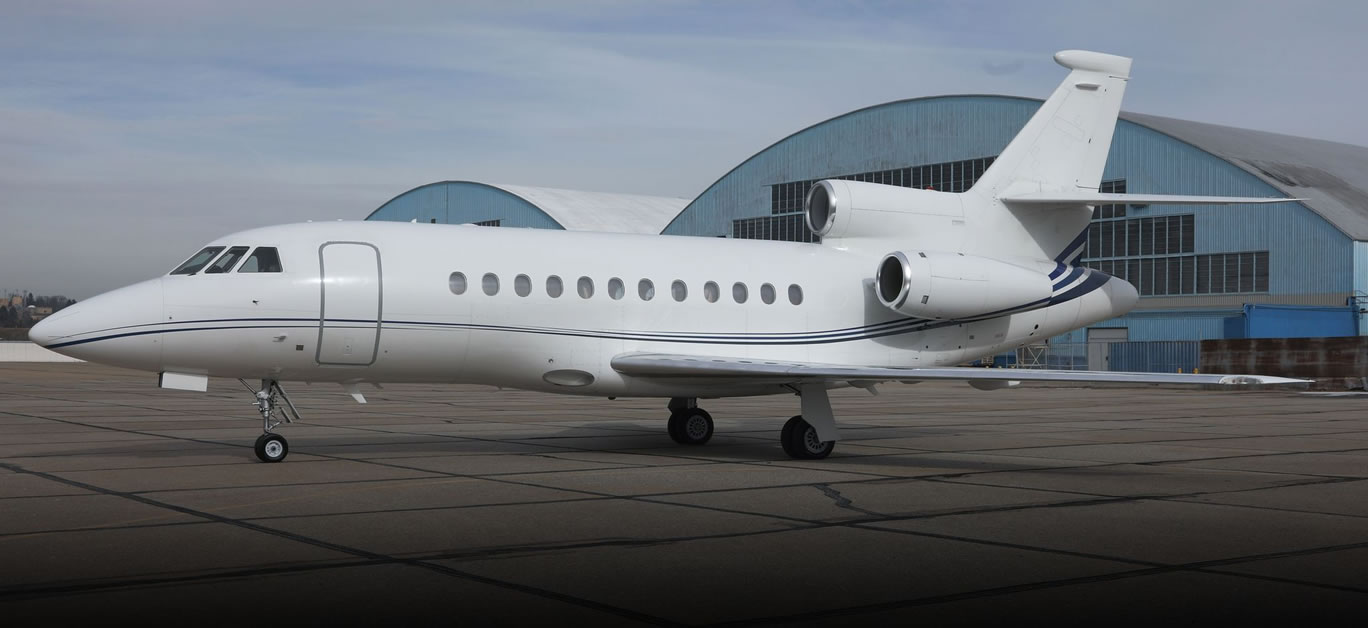Words by Chad Anderson, president of Jetcraft – the leader in international aircraft sales, marketing and ownership strategies.
Well, we did it. 2020 was a turbulent year for private aviation, met with significant hurdles from global lockdowns and travel bans to vague and everchanging travel protocols. Despite the global shutdown in Q2, Jetcraft’s sales of private jets in 2020 were consistent with previous year deal counts. As for 2021, the industry is likely to see a ‘vaccine bounce’ emerge, and, along with well-established Covid-19 testing programs already in place, this signals a growing confidence and need to travel. The new year brings a fresh optimism, with vaccines now deploying, and increased market stability as we plot the path towards recovery.
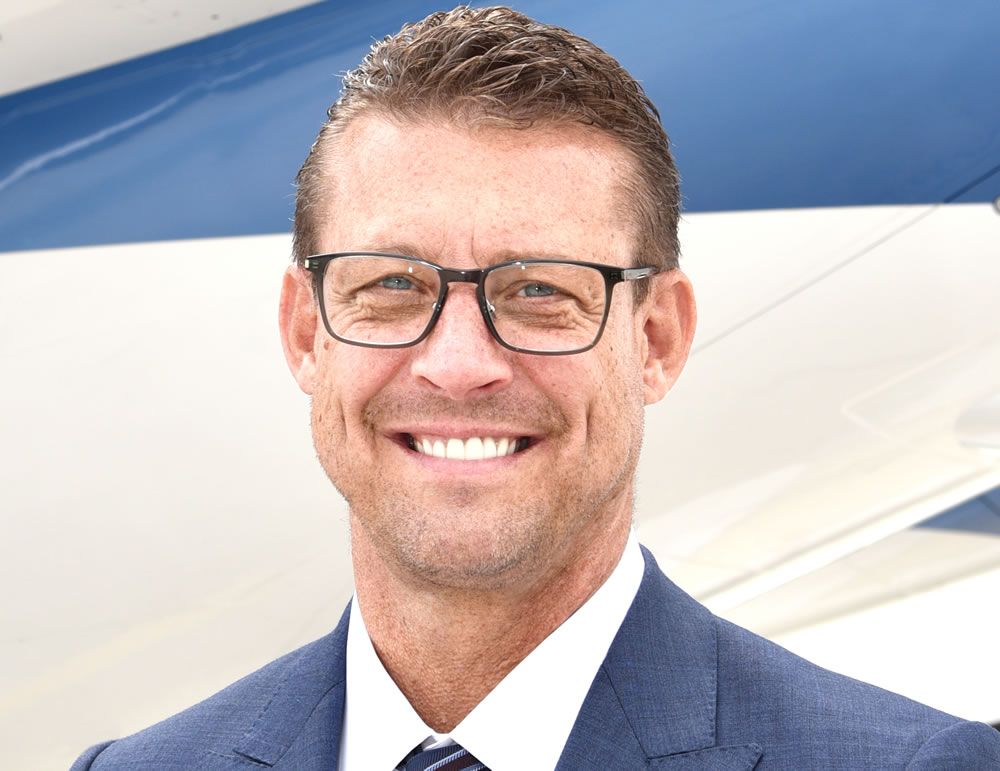
A tool for health, protection and productivity
With the continued presence of Covid-19 around the world, travel health will remain a big priority as the psychology of protecting your ‘bubble’ continues. Researchers from the University of London argue that it can take between 18 and 254 days to change a habit. We’ve now learnt to live with our ‘new normal’ for much longer than this, suggesting some patterns of behaviour will be permanently altered. New users to private aviation are likely to keep coming back to our industry because they appreciate the safety and protection it offers them and their families through reduced touchpoints, as well as the ability to fly a more direct route.
As these new entrants have come to realise, private aviation brings a lot of value to their lives, particularly while commercial aviation schedules are shelved. In January 2021, the International Air Transport Association (IATA) forecast that airline activity will at best reach just 50.6 per cent of 2019 levels, so we expect more individuals and companies to turn to private charter, fractional, jet card programs and ultimately, aircraft ownership as a solution to unpredictable schedules. Moreover, a general industry move towards new technology and greater pricing transparency will continue to make private aviation more accessible, lowering the barriers to entry.
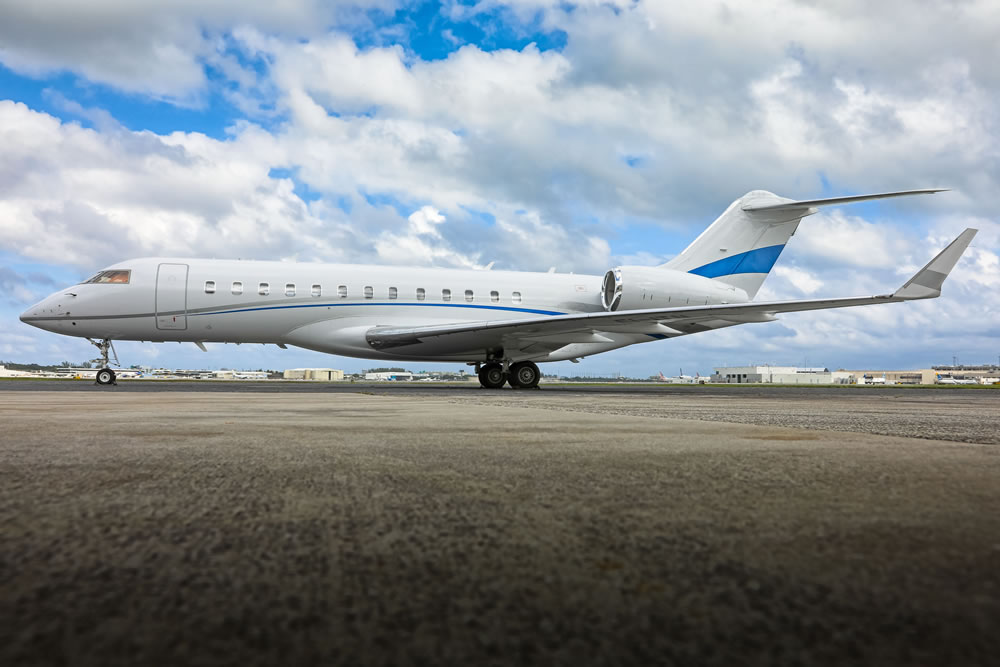
Heightened growth
Ultimately, more users in private aviation means the industry will grow to new levels. The influx of new users is complemented by the surge in ultra-high net worth individuals (UHNWIs) joining the market. In our 5-Year Pre-Owned Business Aviation Market Forecast, we noted that the number of UHNWIs is set to rise by almost five per cent per annum until 2024.
We also expect to see the pent-up demand for travel during Covid-recovery play out regionally, with a particular area of growth across Asia-Pacific. We’re seeing good momentum from Southeast Asia, including Singapore, Malaysia and Indonesia where a greater acceptance of pre-owned aircraft among buyers, and the driving force of geography itself, is piquing interest for larger, long-range jets that can fly intercontinental journeys. Business aviation utilisation data tells us the Americas and European regions are rebounding (albeit the Americas at a faster rate), with the Latin American market also ripe for growth.
For price conscious first-time buyers, the market for pre-owned aircraft is much healthier today than the balloon economy we saw during the 2008 global financial crisis. Instead of extraordinary manufacturer lead times which artificially inflated the prices of used aircraft, today, manufacturers have a balanced supply chain which doesn’t let values get out of sync. There’s much for new entrants to our industry to benefit from.
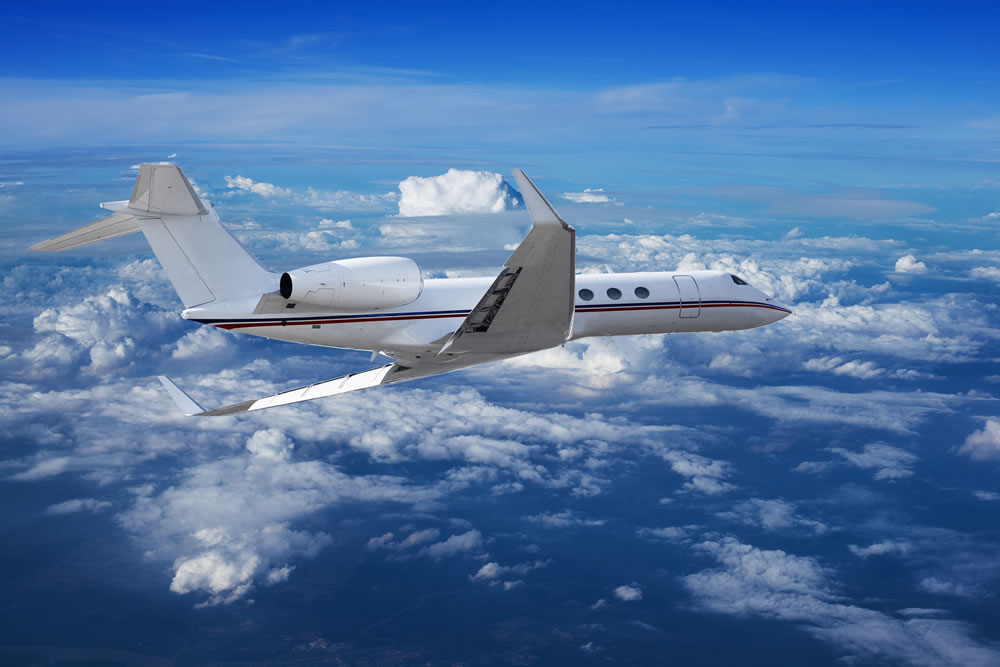
Sustainability will return to the fore
Before Covid-19, the reporting of the world’s media was dominated by sustainability, putting pressure on airlines, operators and transport providers to show the steps they were taking to reduce their contribution to global carbon emissions. This year, that focus will return, and private aviation is ready.
The National Business Aviation Association (NBAA) and the European Business Aviation Association (EBAA) are among the drivers of the SAF Coalition – dedicated to promoting the use of Sustainable Aviation Fuel within our industry. In August 2020, they released their latest guide on SAF adoption for industry leaders, reporting increased demand from customers, as well as governments and lawmakers, keen for decisive action.
Electric aviation is another trend to closely watch in 2021. Planes that can fly up to nine passengers on electricity over fossil fuels are already in the test flight phase, while electric vertical take-off and landing (eVTOL ) aircraft promise green solutions to urban congestion in the not too distant future.
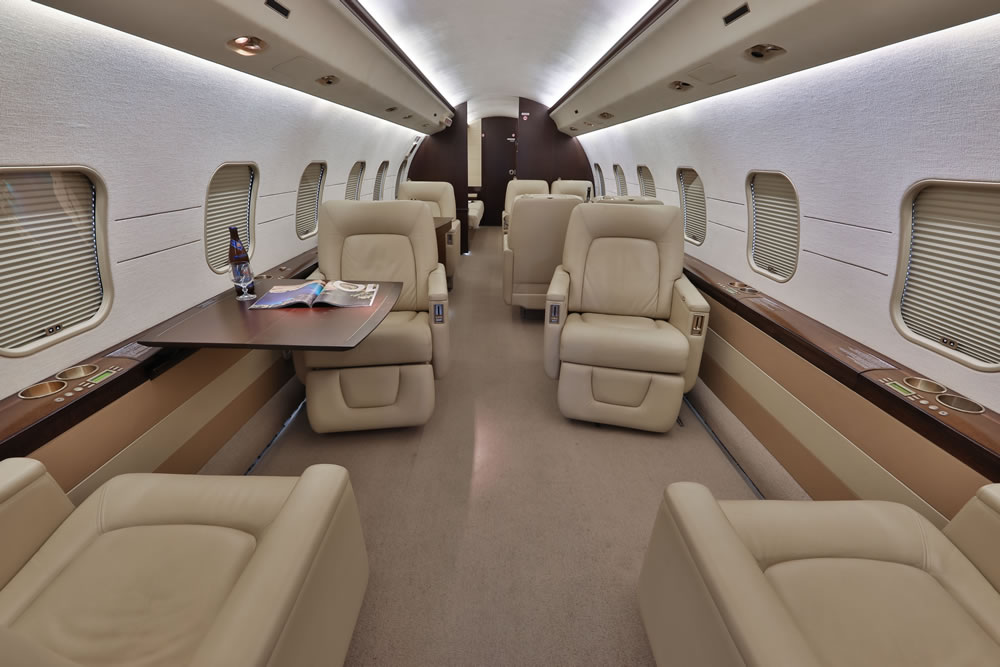
A year of opportunity
Historically, private aviation has recovered in line with economic growth. However, we believe our industry will play a significant role in driving economic recovery this time around. A rising tide floats all boats, so, with business aviation utilisation currently the closest it’s been to pre-Covid levels, and as more people appreciate the value private jet travel brings, there are real opportunities for our future and of the economies that benefit from the sector.
We expect the turning point for private aviation activity to be midway through the year. With this outlook and the number of sale acquisition enquires we’ve already received this year, I truly believe we can look ahead to 2021 with hope and more happy landings.
Chad Anderson joined Jetcraft in 2005 and was named president in 2010. In his current role, Chad is responsible for leading the company’s overall global operations and strategy, with specialties in transaction structuring, aviation finance and tax.












